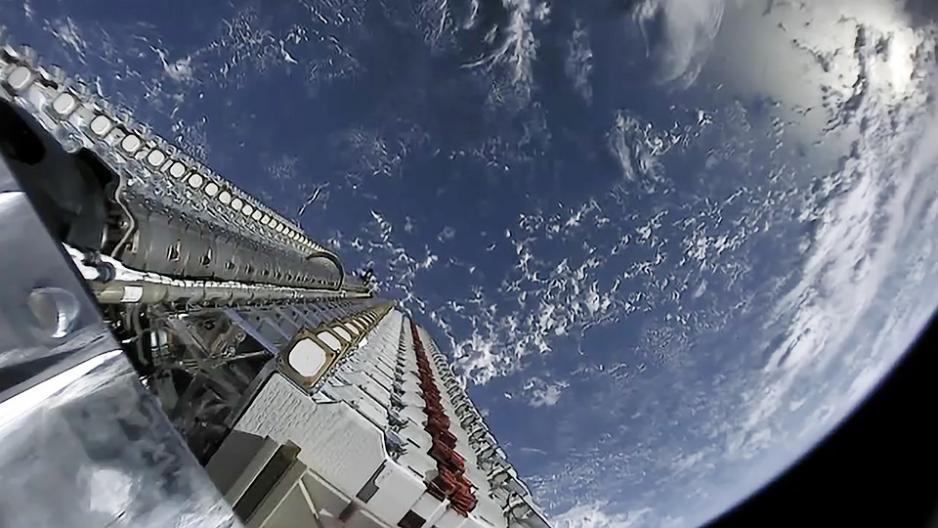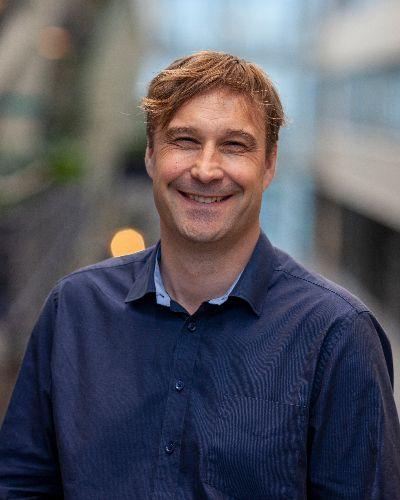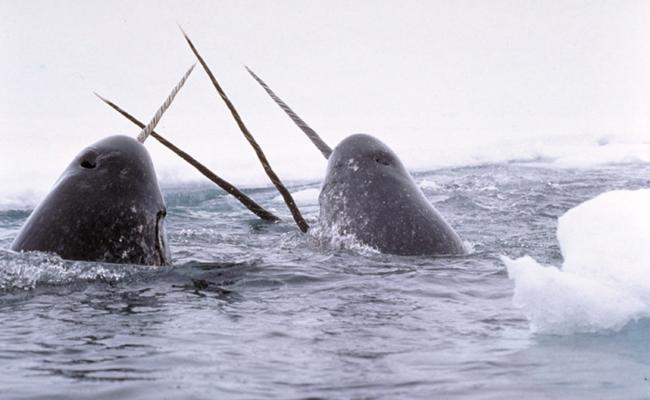Over 20 Million NOK for Groundbreaking Research in the North

SpaceX's Starlink-satellites orbiting around the earth. (Source: SpaceX)
UiT The Arctic University of Norway was granted over 10 million NOK to prove that it is possible to use commercial satellites to map space debris all the way down to the size of a few millimeters. This is one of two approved applications from UiT for the Groundbreaking research program.
Every year, Norwegian scientists compete for research funds from the Groundbreaking research program (FRIPRO) under the auspice of the Research Council of Norway.
This is an open application arena that gives the researchers the opportunity to carry out important research projects, where the projects' scientific quality determines who receives money. More than 1500 applications within all fields participated in the competition.
Now, 82 of the applications are approved and two of them came from UiT The Arctic University of Norway, which were granted 10 and 12 million NOK respectively for the projects on learning from the introduction of the comprehensive school system in Denmark and Norway and the hunt for space debris.
The hunt for space debris
In a press release from the Research Council of Norway, CEO Mari Sundli Tveit states that there is little knowledge about space debris, even though millions of small objects are orbiting the earth and pose a danger for both astronauts and satellites.
Now, scientists at UiT want to demonstrate that it is possible to use ordinary, commercial satellites to map space debris all the way down to the size of a few millimeters.
The method is new and will provide an important contribution to the knowledge about space debris and the planning of future satellite operations.
Important for UiT
"Congratulations to all UiT scientists and research projects which are supported by the Research Council of Norway this fall. The competition is tough, and those who passed through the eye of the needle demonstrated high professional quality and great efforts. The grants are very important for UiT's continued contributions to research-based knowledge production and the sustainable development of society," says UiT Rector Dag Rune Olsen.
"The scientists who will receive approval on their applications today, are in the absolute top tier and have all reason to be proud. At the same time, there were many other great applications which we sadly did not have the opportunity to support," says Sundli Tveit.
The Research Council of Norway received over 1500 applications within all fields, and 317 of these were assessed as worthy of support. The tough competition meant that only applications with top marks made it through.
The quality of the applications has been assessed by 709 international experts.



